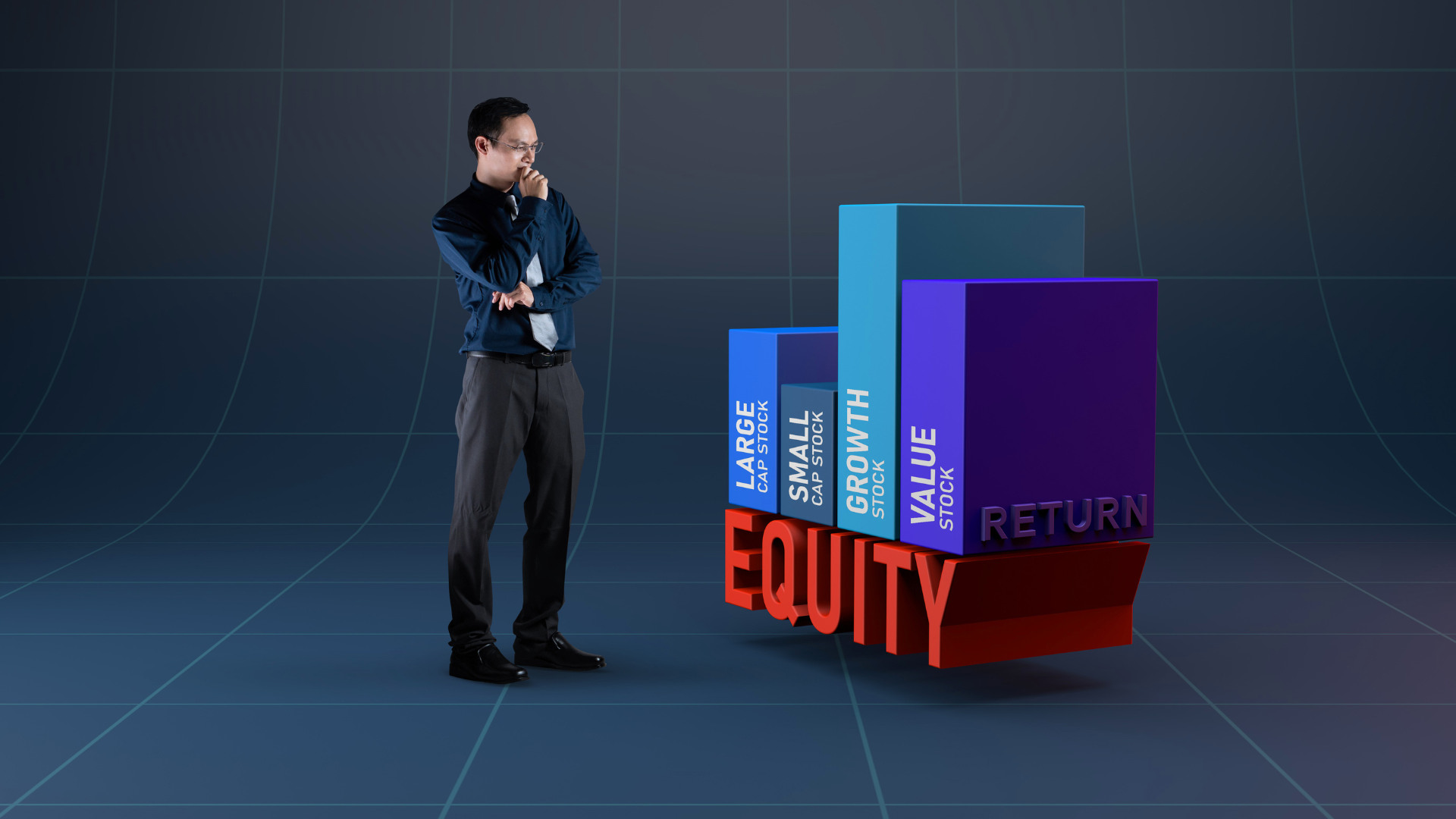The first thing people usually ask when they encounter the term equity bond is, “What are they?” When investors use the term, it’s usually in the context of a merger or acquisition (M&A) transaction, which is when two or more companies agree to combine their businesses. The terms equity bonds and debt are often confused because they are similar but not the same. Debt can refer to loans or lines of credit, and equity bonds can be used to finance a merger or acquisition, purchase of intangible assets, or other transactions in which the issuer receives equity in the new company.
If you’re not familiar with stocks and bonds, here’s the short version: Stocks are investments. They represent ownership in a business. You can buy, sell or hold them.
Bonds are investments, too. But they’re different from stocks. You can buy, sell or hold them. They’re another type of security that represents a promise to pay you money, either in the form of interest payments or in the form of a check.
So, what are equity bonds?
Equity bonds are a relatively new type of bond that is specifically designed to invest in companies that haven’t already issued stock but are planning to do so in the future. The idea is that these future stockholders will invest their money in the company, which will lead to a stock price increase, which will then lead to the company issuing a new bond that investors can purchase.
Equity bonds can provide investors with an opportunity to diversify if they so choose, but it’s important to understand what these bonds are and how they work. They are a form of financial instrument that allows investors to buy a claim to a company’s future profits. They come in a few forms, including unsecured bonds and notes backed by the company’s assets and unsecured bonds backed by the company’s future profits. They are also referred to as equity-linked bonds, though this term can also refer to bonds that pay interest based on their performance.
How do equity bonds work?
Equity bonds are those issued by companies and generally intended to benefit the company itself. They are issued in a variety of forms, including perpetual (long-term) bonds and callable bonds. Because companies issue them, they are usually referred to as corporate bonds. They are classified as debt securities.
Why are equity bonds important?
Most people have heard of stocks, but have you heard of equity bonds? They are a type of security that gives you the opportunity to own a piece of a company without actually owning any of its assets.
Equity bonds are instruments that function similarly to bonds, but they offer a much greater degree of flexibility. They are also a lot more attractive to investors since the return is better than that of a government bond. Equity bonds differ from other bonds in that they offer a higher risk and reward ratio, only require a small upfront investment, and don’t come with maturity dates.
Here are some benefits of equity bonds:
- Equity bonds are debt instruments that give you the opportunity to get a return on your investment in a secured debt product. There are several different kinds of equity bonds, and they can be used to fund loans, buy shares in an IPO, or simply as an investment. When you buy an equity bond, you become a creditor of the issuer, who will pay back the principal and interest in the same form as they received it.
- Equity bonds are a type of debt security that holds the right to receive a stream of cash payments in the future at a set ratio to the principal. These bonds are similar to traditional bonds in many ways, but there are some important differences. Equity bonds are more liquid—they have characteristics that make them suitable for use in private equity funds, which often raise public capital to make large investments.
While most people know that the primary benefit of bonds is their steady income and low volatility, not many are familiar with the other benefits. When you invest in bonds, you are actually buying a piece of the company that issued the bond. When you buy equity, it’s usually a part of a company, but you are actually buying a part of the company with bonds.



